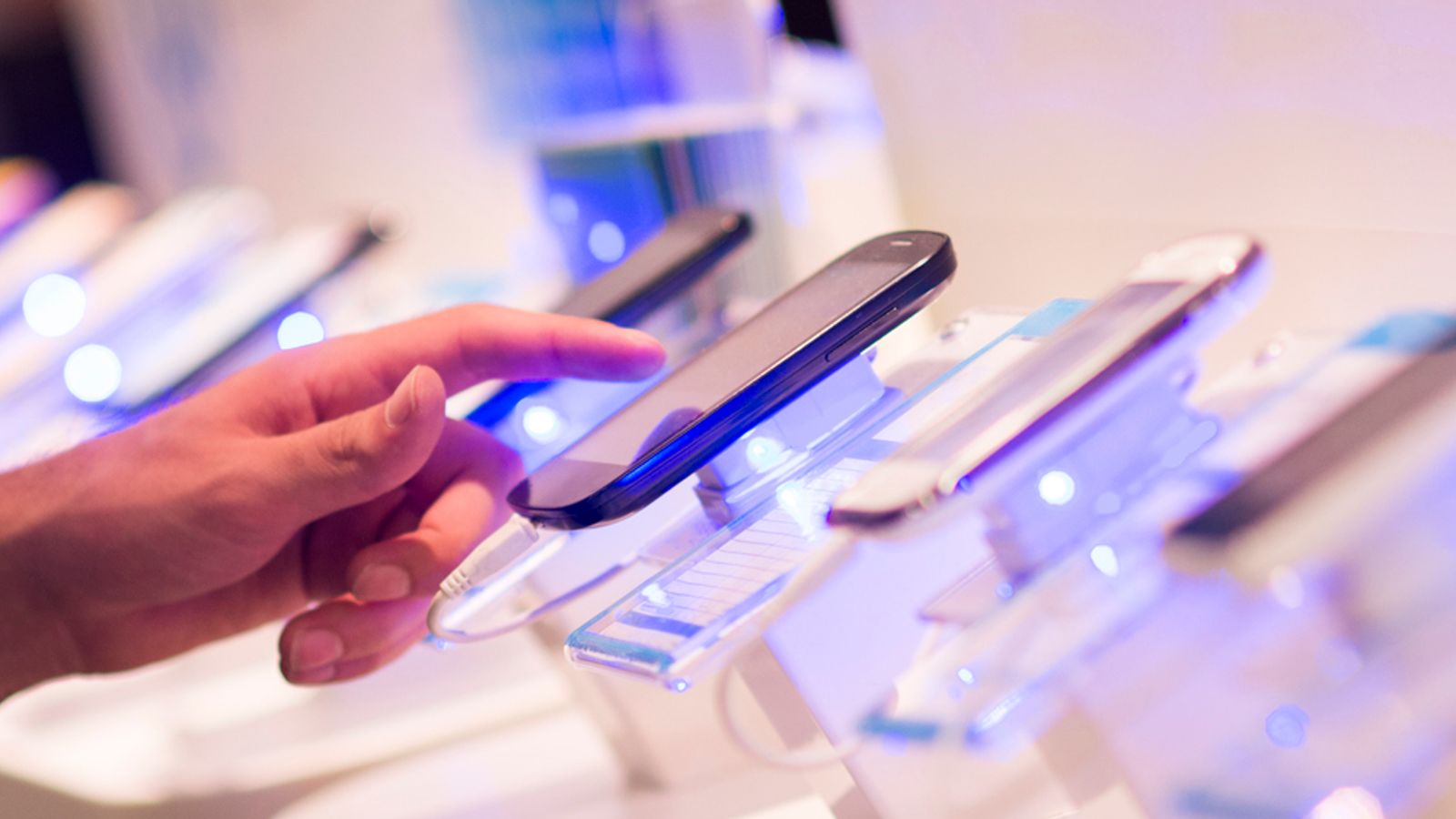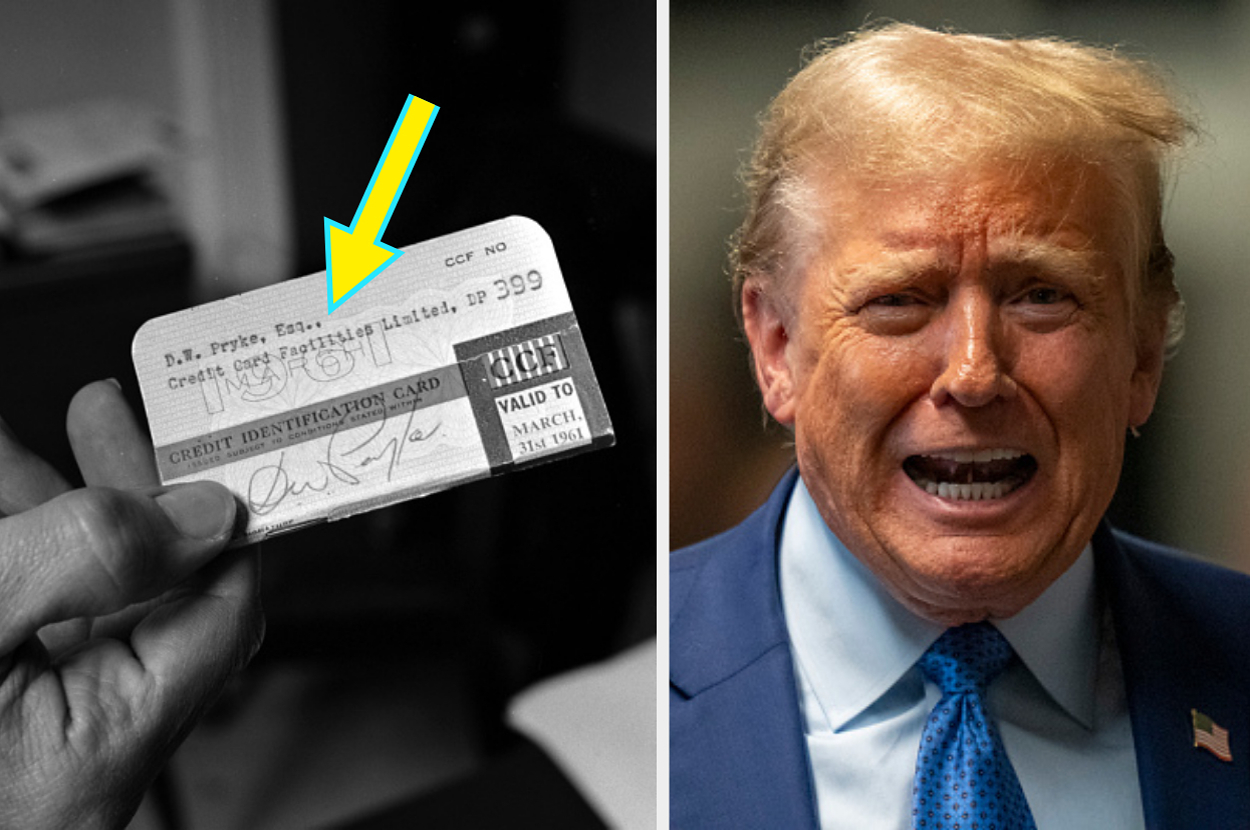Vodafone, EE, Three and O2 are facing a “£3bn-plus” class action claim that alleges they used their market dominance to overcharge on up to 28.2 million UK mobile phone contracts.
The four largest network operators are accused of penalising loyal customers – meaning they paid more than new customers for the same services.
Many contracts involve gradually repaying the cost of a smartphone over a two or three-year period – but it is alleged that, when the device was paid off, firms failed to reduce the monthly bill.
The legal action has been brought by former Citizens Advice executive Justin Gutmann and the law firm Charles Lyndon, and they are seeking damages of at least £3.285bn.
If successful, affected consumers could receive as much as £1,823 each, Mr Gutmann claimed.
The class action has been filed with the Competition Appeal Tribunal in London.
All qualifying consumers will be automatically included in the claim for free unless they follow specific steps to opt out.
Smartphones may be able to detect how drunk a person is based on their voice, study finds
iPhone 15: Apple’s latest is a great device – but headline feature proves innovation now harder to come by
iOS 17: Your iPhone is getting a major update – here’s what you need to know
The claim follows a “super complaint” from Citizens Advice to the Competition and Markets Authority (CMA) in September 2018, which resulted in the CMA finding: “We do not consider that providers should continue to charge customers the same rate once they have effectively paid off their handsets at the end of the minimum contract period.
“This is unfair and must be stopped.”
Read more:
Can your smartphone detect how drunk you are?
France threatens to ban iPhone 12
Inside the UK’s biggest facility recycling phones
Please use Chrome browser for a more accessible video player
Mr Gutmann said: “I’m launching this class action because I believe these four mobile phone companies have systematically exploited millions of loyal customers across the UK through loyalty penalties, taking over £3bn out of the pockets of hard-working people and their families.
“These companies kept taking advantage of customers despite the financial crisis of 2008, COVID and now the cost of living crisis. It’s time they were held to account.”
An O2 spokesman said: “To date there has been no contact with our legal team on this claim. However, we are proud to have been the first provider to have launched split contracts a decade ago which automatically and fully reduce customers’ bills once they’ve paid off their handset.
“We’ve long been calling for an end to the ‘smartphone swindle’ and for other mobile operators to stop the pernicious practice of charging their customers for phones they already own.”
An EE spokeswoman said: “We strongly disagree with the speculative claim being brought against us. EE offers a range of tariffs and a robust process for dealing with end of contract notifications.
“The UK mobile market is highly competitive space with some of the lowest pricing across Europe.”
Vodafone said: “This has just been brought to our attention and we don’t yet have sufficient detail for our legal team to assess.”









